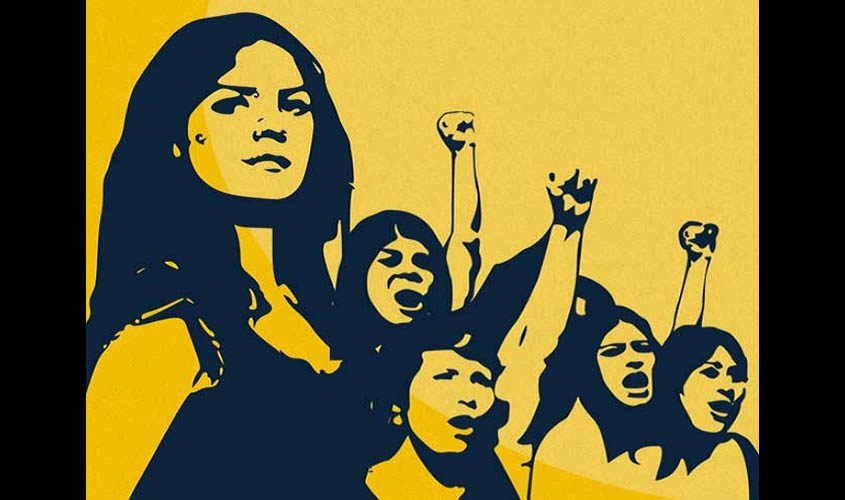Comprehensive Development of Women is the Foundation for Empowered Communities
Reading time - 4 min.
Related Articles
Bina Aggarwal: Indian Developmental Economist Studying the Grassroots
Bina Agarwal, an Indian developmental economist and academic. All her life, Bina has extensively written on land, livelihood, and property rights, along with taking...
How Businesses Can Lead Disaster Management through Strategic CSR
Corporate Social Responsibility (CSR) has lately managed to make its presence in most of the business as one small department or unit, which is...
Her Story: Uma Chakravarti, a Feminist Historian Helping us Know our Present
To know your present, you must know your past. Thankfully in India, there are some great minds at work, helping us understand our past...


 Ashwini has been spearheading CSR projects for the company including the flagship pan India Employability program – DISHA and Community development projects across 9 locations. She is responsible for enabling consistent progress on sustainability targets by monitoring, collating, and reporting data as per established Sustainability reporting standards.
Ashwini has been spearheading CSR projects for the company including the flagship pan India Employability program – DISHA and Community development projects across 9 locations. She is responsible for enabling consistent progress on sustainability targets by monitoring, collating, and reporting data as per established Sustainability reporting standards.